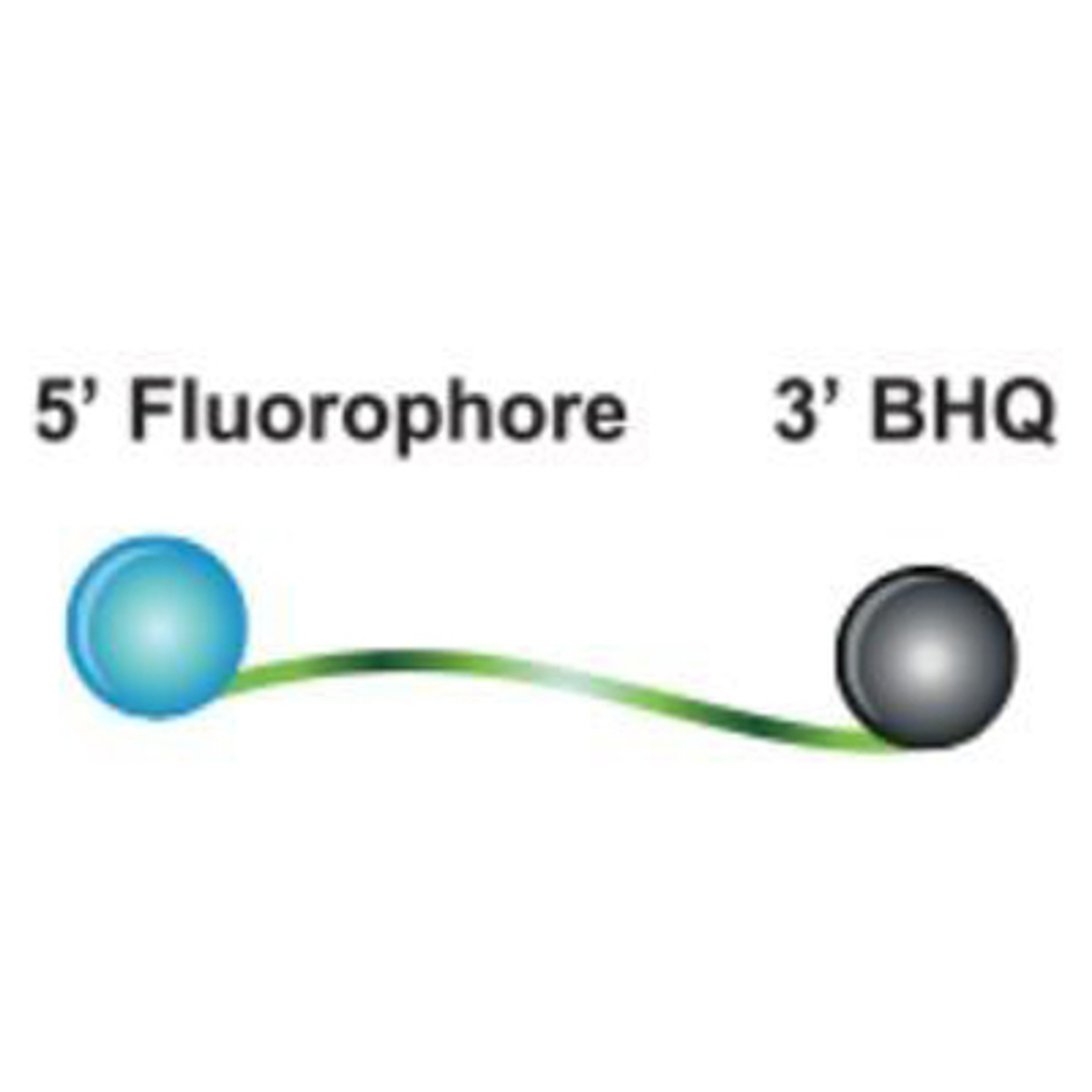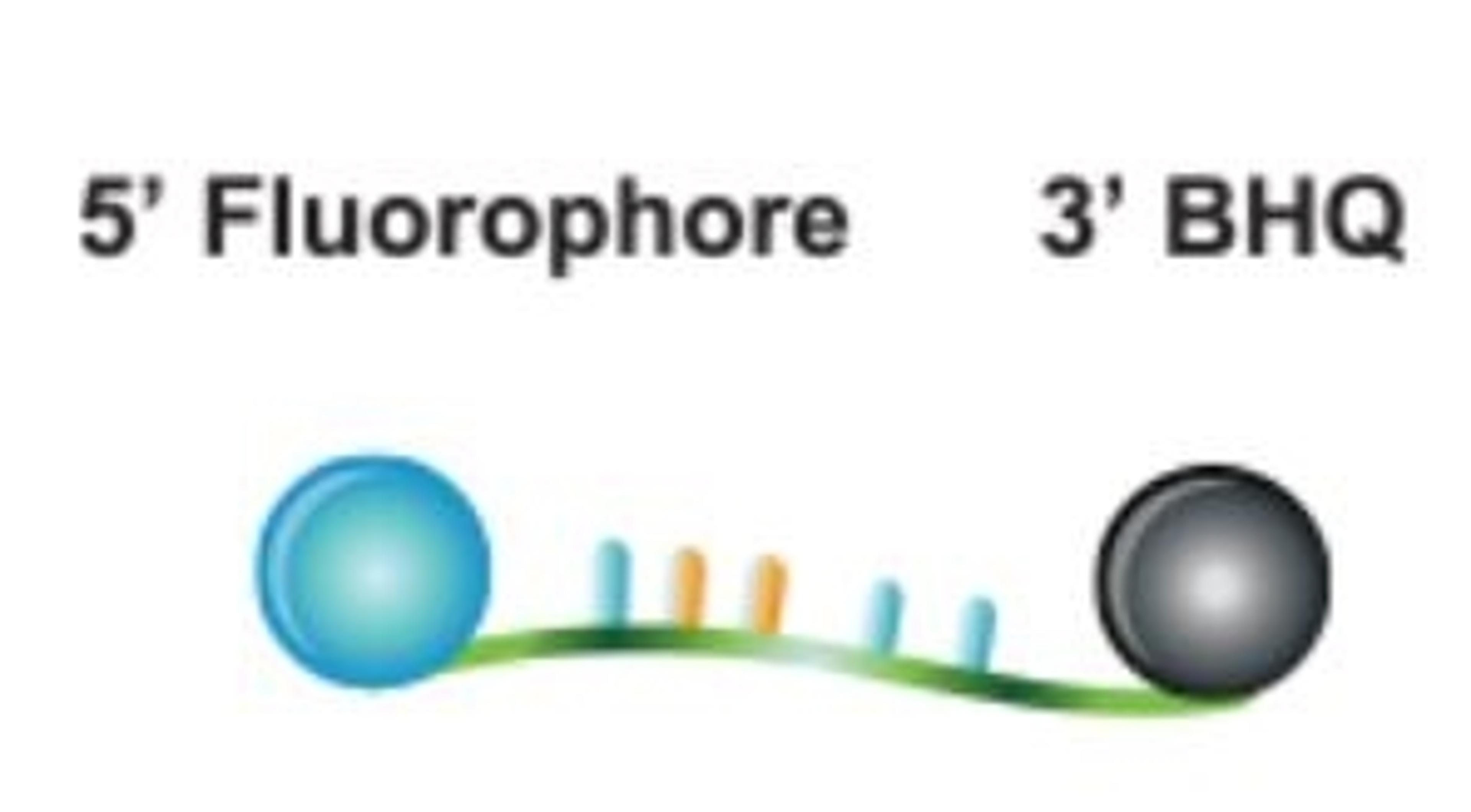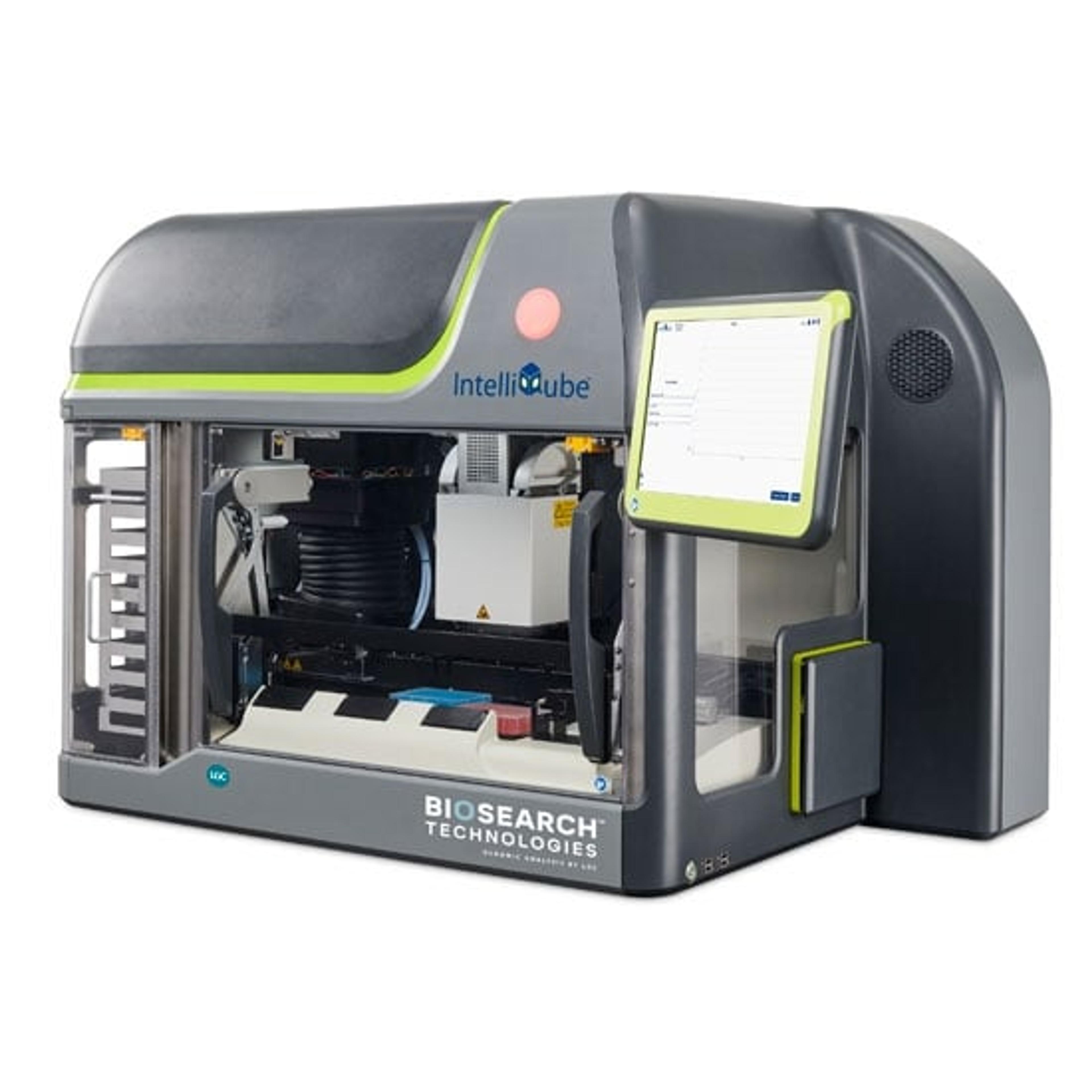Transition to molecular diagnostics: How agricultural expertise has helped to keep COVID-19 positive rates low
Making the most of agrigenomic expertise and existing technologies to enable a rapid response to the pandemic
19 Nov 2021
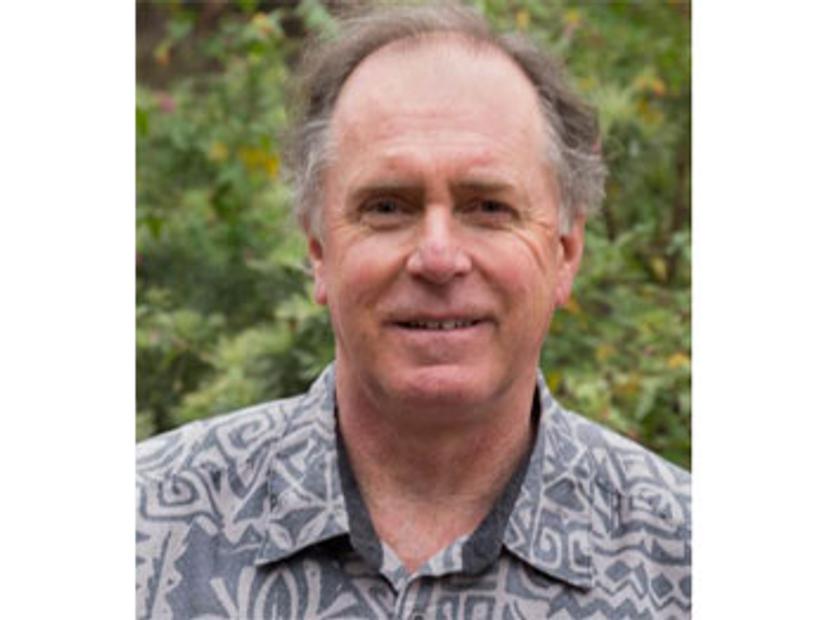
When COVID-19 first hit the world, it started a race to develop the right diagnostics and protect as many people as possible. It was an all-hands-on-deck effort that drove people from various backgrounds and industries to think outside the box with the technologies available when time was of the essence. As testing demand seemingly erupted overnight, agrigenomic experts recognized the parallels between their PCR-based genotyping workflows and the high-throughput needs that human healthcare diagnostics and clinical labs were now facing. With this knowledge, LGC, Biosearch Technologies, and partnering scientists were able to leverage their experience and existing technologies to rapidly respond to the pandemic.
In this SelectScience article, we talk to Richard Michelmore, Director of the UC Davis Genome Center and professor of plant genetics, about how his team was able to use knowledge of technology employed in the agricultural biotechnology (AgBio) sector and deploy this knowledge to provide rapid, inexpensive, high-throughput (HTP) testing for SARS-CoV-2 during the COVID-19 pandemic.
With research centered around comparative and functional genomics of disease resistance in plants, Michelmore had to adapt rapidly to lead the team responsible for the asymptomatic testing program that has now performed over 1 million tests for COVID-19 at UC Davis. Using a saliva-based, semi-automated workflow in a 768-well format arrayed on a tape, the system is currently capable of processing over 6,000 tests every 12 hours. Alongside contact tracing and effective isolation measures for positive cases, this workflow has allowed the community around UC Davis to keep COVID-19 positive rates much lower than the surrounding area.
How was this rapid innovation made possible? With exceptional vision and through a tremendous amount of dedication from the whole team at UC Davis, Michelmore recognized that HTP PCR systems routinely used for over a decade in the AgBio sector could be repurposed for population-scale testing. He also realized that rapid single nucleotide polymorphism (SNP) genotyping could be used to monitor for SARS-CoV-2 variants of concern in positive samples. With a long-standing interest in plant disease pandemics, this transition was not as challenging for Michelmore as you might think. “People have said to me, it must’ve been a big transition to start working on SARS-CoV-2. My response is, I’ve actually been working on pandemics for nearly 40 years, but they’ve been plant pandemics. There are a lot of parallels between what happens in agriculture and what’s happening with SARS-CoV-2.”
Michelmore notes that this rapid shift was made possible through the automated workflows modeled after setups currently used by large agricultural companies for HTP genotyping plant breeding materials. Working in close collaboration with LGC, Biosearch Technologies, a manufacturer with a long history of supplying mission-critical genomic tools, instrumentation and lab services to the AgBio industry, Michelmore adopted the IntelliQube® integrated PCR workflow, which matched his throughput needs. “The equipment [IntelliQube] at UC Davis was actually designed for SNP genotyping in the AgBio sector so it made very good sense to use these machines for testing as well to develop SNP assays to monitor for variants in SARS-CoV-2,” Michelmore states.
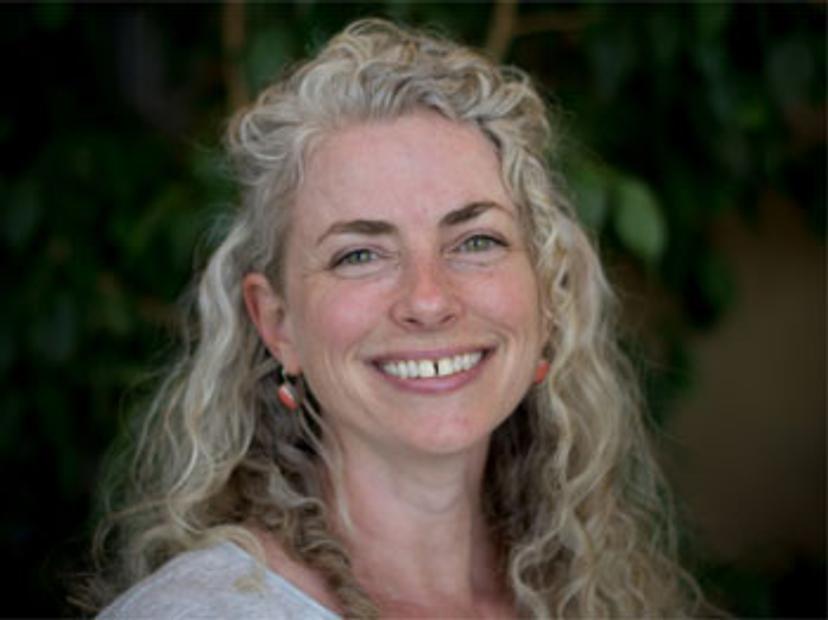
While the team at UC Davis took advantage of the more recently developed Black Hole Quencher™ (BHQ™) Probes in their viral detection assays, genotyping technology has been available for several years. It was through advances in SNP assay technology from LGC that has made a difference in the field, explains Dr. Michele Auldridge, a principal scientist at Biosearch Technologies with over 10 years’ experience of working in enzyme and assay development to improve qPCR and NGS library prep. With Biosearch Technologies, this experience began with KASP™ genotyping technology, which uses a unique competitive allele-specific PCR that enables bi-allelic scoring of SNPs and insertion-deletion mutations (indels) at specific loci with high accuracy (>99.8%)1. This is possible even with complex genomic DNA samples, making it an ideal technology for use in agricultural workflows, allowing plant breeders to apply genomic selection to plant stocks without having to wait for a fully developed plant in order to assess the phenotype. This technology has since been supplemented by SeqSNP, a targeted genotyping service using next-generation sequencing that allows the acceleration of plant breeding programs with a massively parallel marker screening approach.
This long history has been effectively leveraged for use in molecular diagnostics (MDx), with the onset of COVID-19 being a clear driver of this transition. Using knowledge from HTP systems, Biosearch Technologies was able to help the scientific community nimbly adapt, as Auldridge explains; “We’re using the things we’ve learnt from the AgBio market, being able to use HTP sample detection, but pivot over to MDx – instrumentation is key”. This instrumentation includes components of the Nexar workflow, a scalable inline liquid handling and assay processing solution for PCR-based genotyping that was adapted, alongside thermocycler and detection systems, with new reagents to fit an ultra-high-throughput MDx workflow. Auldridge details; “We needed to complement the instrumentation with reagents for RT-qPCR, a technique commonly used to test for COVID-19. We looked at our portfolio and paired reagents, oligos, and systems together to create a whole workflow.” With many reverse transcriptases, qPCR master mixes and capabilities in oligonucleotide synthesis for amplification assays, Biosearch Technologies was well positioned to create an MDx workflow for SARS-CoV-2 and was able to react quickly to develop a solution when the COVID-19 pandemic started.
Want to know more?
From R&D to validation, the field of molecular diagnostics is fraught with challenges. Over the next few weeks, SelectScience, in partnership with LGC, Biosearch Technologies, will be exploring those challenges facing the development of molecular diagnostics and the solutions available to help support your journey from an exciting start-up to a thriving MDx organization. From choosing a molecular diagnostic supplier to scaling-up with confidence and keeping on top of the latest technological developments in the field, follow SelectScience to keep up to date on the latest technology news and support resources.
References:
LGC, Biosearch Technologies. KASP™ Genotyping Chemistry: How it Works

